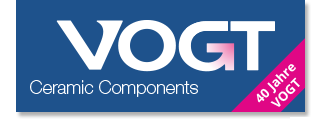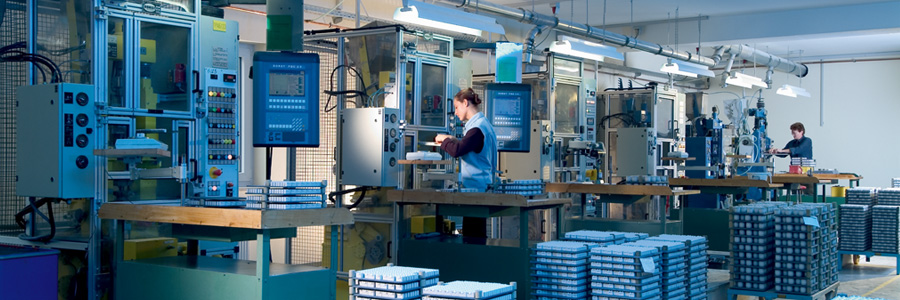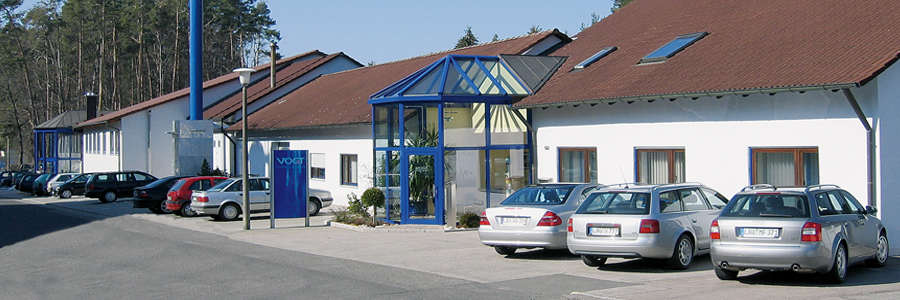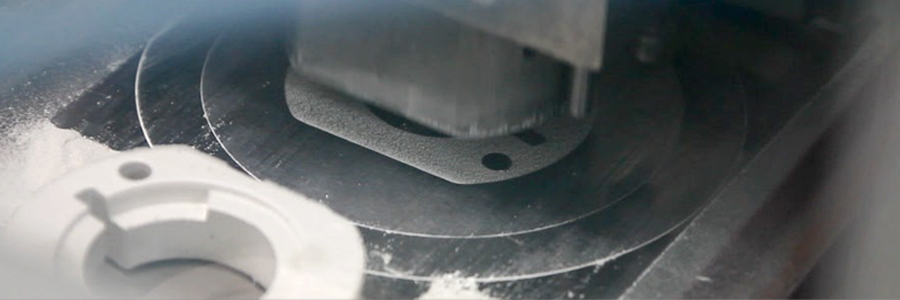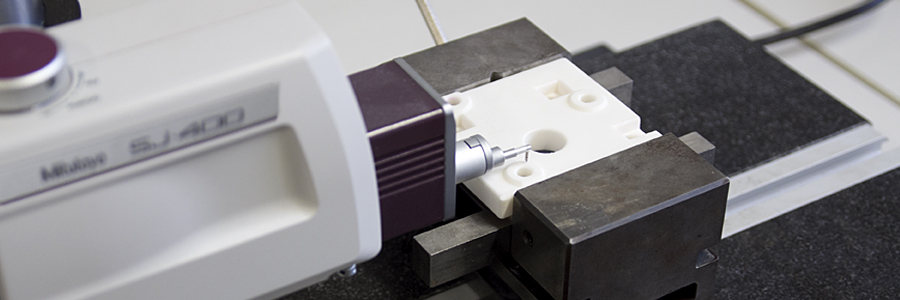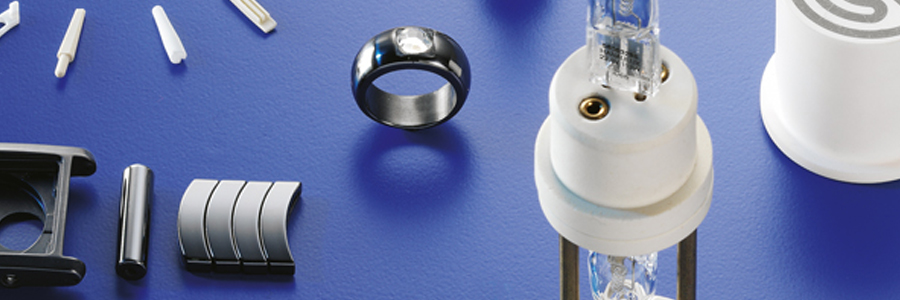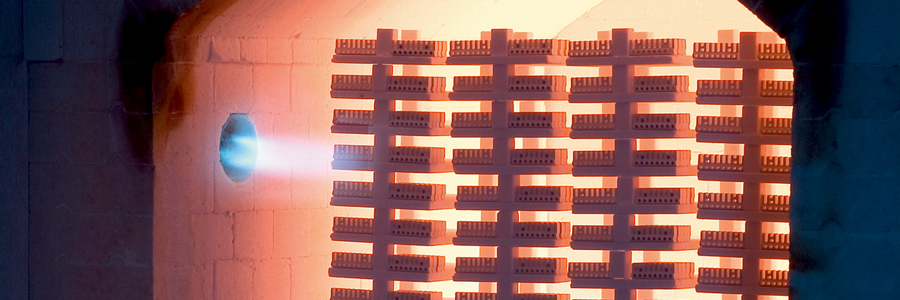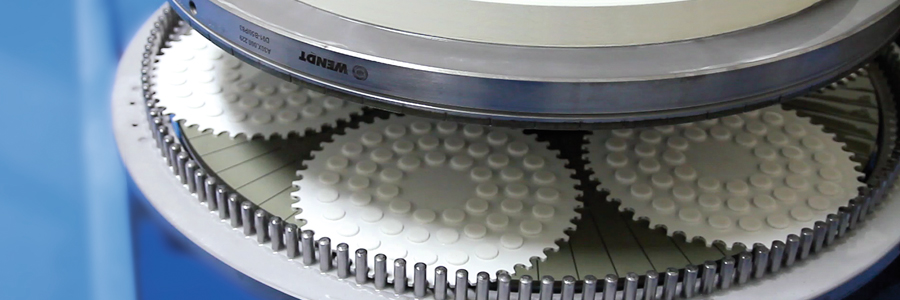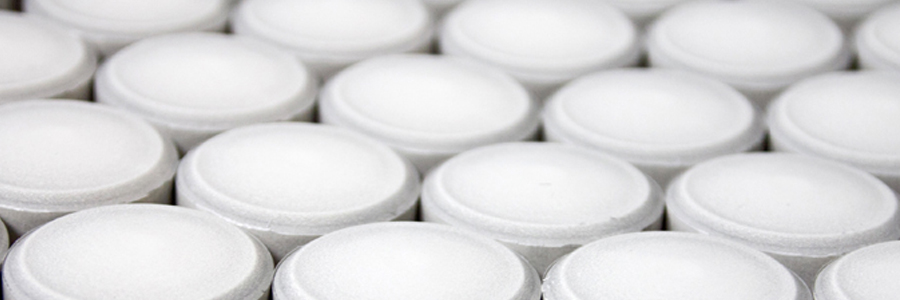Properties of materials
Steatit C221
- Primarily consisting of magnesium silicate
- Impervious material structure
- Good mechanical properties
- High volume resistance up to 1000°C
- Small loss factor
Steatit porous C230
- Primarily consisting of magnesium silicate
- Porous material structure
- Low mechanical strength
- Machinable
Cordierit C410
- Magnesium aluminium silicate
- Impervious material structure
- High resistance to thermal shock
- Very low linear expansion
Cordierit porous C520
- Magnesium aluminium silicate
- Porous material structure
- Low mechanical strength
- High resistance to thermal shock
- Low linear expansion
Mullite C620
- Aluminium silicate
- Approx. 70% Al2O3
- Dense material structure
Aluminiumoxid C795, C799
C795: >95% bis 99% Al2O3 - our standard with approx. 96% purity
C799: >99% Al2O3 - our standard with 99.7% purity,
in addition, a particularly high-purity variant with 99.99% is available
- Impervious material structure
- High mechanical strength and hardness
- High surface quality
- High thermal conductivity and thermostability
- High chemical resistance
ZTA mixed oxide ceramic alumina reinforced with zirconia
- Individual mixing ratio (2% to 20%) possible
- Higher bending strength and higher wear resistance than pure Al2O3
- Better surface quality than pure Al2O3 (also polished)
Zirkonoxid (C830)
TZP Yttrium-partially stabilized
- Very high mechanical strength
- High edge stability
- Very good surface quality
PSZ Magnesium-partially stabilized
- Very good tribological properties
- High corrosion resistance
Aluminium titanat ATI
- Porous material structure
- Very low linear expansion
- Very high resistance to thermal shock
- Low thermal conductivity
- Low wetting in case of metal melts
Glass ceramics
- Impervious material structure
- Machinable
- Good electric and mechanical strength
- Dissipative ceramics
- With adjustable resistance value 107 - 109Ωcm
Other materials available on request
